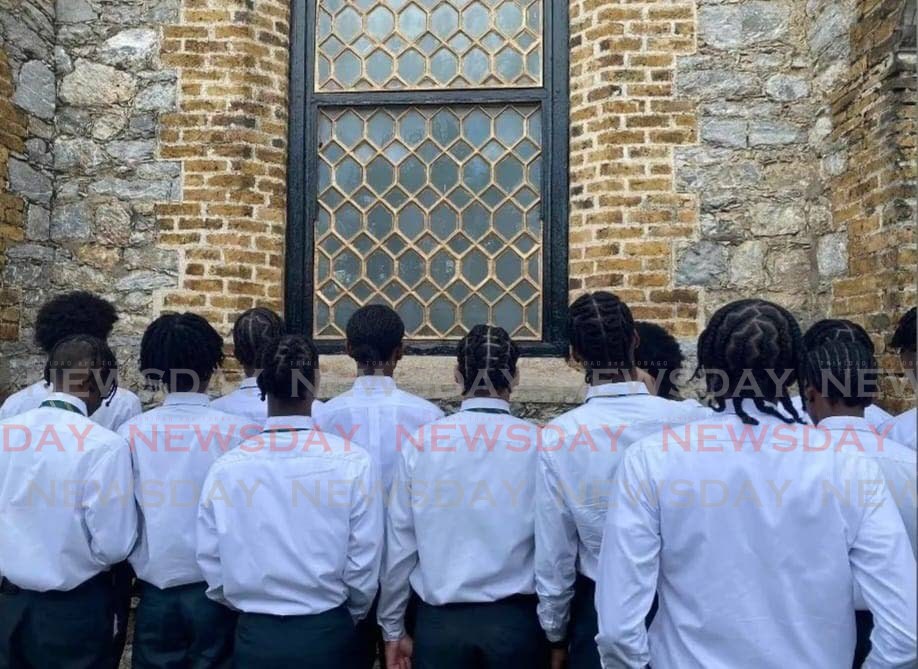Trinity, let students embrace African heritage

THE EDITOR: I am deeply disappointed to hear about the incident at Trinity College, Moka, where students with natural African hairstyles were reportedly refused entry to their graduation ceremony. Such discriminatory actions not only perpetuate harmful stereotypes but also undermine the confidence and self-worth of these students.
A person's hairstyle should never be a basis for exclusion or discrimination. Natural African hairstyles are not only beautiful expressions of cultural identity but also a significant part of African heritage and pride. By denying students with these hairstyles the opportunity to participate in their graduation ceremony, the college sends a damaging message that African identity is not valued or respected.
Graduation ceremonies are meant to be celebratory occasions where students can rejoice in their accomplishments and feel a sense of belonging within their academic community. Excluding students based on their natural hairstyles not only denies them this important recognition but also reinforces the marginalisation of African cultural heritage.
Educational institutions must foster an inclusive environment that embraces diversity and promotes cultural appreciation. By embracing and celebrating all forms of self-expression, including natural African hairstyles, Trinity College would have shown its commitment to supporting its students' individuality and fostering a positive learning environment.
I encourage the college to reflect upon this incident, acknowledge the harm caused, and take immediate steps to rectify the situation. It should issue a public apology to the affected students and implement policies that promote inclusivity, diversity and respect for all cultural identities.
Furthermore, it is essential to provide sensitivity training to faculty and staff members to ensure they understand the importance of cultural diversity and avoid perpetuating discriminatory practices in the future.
Let us strive for educational environments where students can fully embrace their African heritage and all aspects of their identities without fear of being marginalised or excluded.
DANE JB HARPER
via e-mail


Comments
"Trinity, let students embrace African heritage"